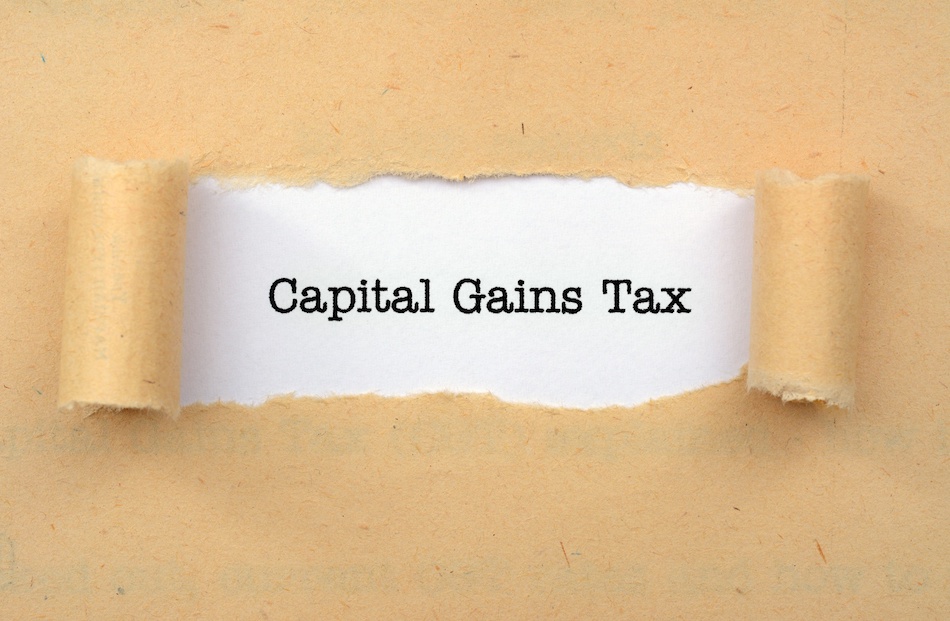
Selling a Home: All About Capital Gains Taxes
 When you sell a home, you may hear about making sure you don’t net too much in the sale, lest you become eligible to pay capital gains taxes. This guide explains the basics of capital gains taxes, and shows you how the tax law is applied for primary residences, vacation homes and investment properties.
When you sell a home, you may hear about making sure you don’t net too much in the sale, lest you become eligible to pay capital gains taxes. This guide explains the basics of capital gains taxes, and shows you how the tax law is applied for primary residences, vacation homes and investment properties.
What Are Capital Gains Taxes?
If the term “capital gains” sounds like it belongs in the realm of business taxation, that is because it largely does. Anyone who sells a home as a primary residence, vacation home or investment property is also required to assess their liability for taxes on their capital gains. In short, you are selling some capital (i.e. your home), and the Internal Revenue Service treats any gain as a potential source of taxable income. The taxation rate and laws related to capital gains are divided by short-term and long-term capital gains. If you held the possession for less than one year before selling, it is generally considered short-term capital gains. Long-term is broadly defined as ownership for more than one year, but the way it plays out for home sellers is a bit more complicated, depending on the nature of your ownership.
Do Sellers Get Any Deductions on Capital Gains Taxes?
With taxes usually comes some discussion of possible ways to reduce your tax liability, and capital gains taxes are no exception. Technically, any gain you make from the sale of any home you own could be considered income and taxed in some form. In practice, the IRS allows people who meet the following requirements to exclude a portion of the increase from their taxes:
- lived in the home as a primary residence for two of the past five years
- did not claim an exclusion in the two years prior to the date of sale
- did not purchase the Eden Prairie home as part of a plan to sell another property and avoid tax liability (i.e. a like-kind exchange)
If you meet all of these qualifications, you can exclude up to $250,000 as a single taxpayer (or married filing separately) or $500,000 for taxpayers married filing jointly. Since the taxes are only applied to the difference and not the full sale price of the home, logic dictates that people selling a primary residence with a moderate amount of equity in the home will likely be able to exclude all of their gain.
What If a Homeowner Owns a Home Less Than Two Years?
At times, it is not possible to foresee a circumstance that would lead you to sell your home shortly after you bought it. If you did not occupy your home for the minimum two years and are forced to sell based on your job, health or other reasons, you may still be able to claim a partial exclusion. If this is the only qualification that you do not meet, the IRS has you make a simple calculation. Essentially, you take the amount of time that you occupied the home and convert it into a percentage of two years. That percentage is the portion of $250,000 you can claim, with another addition for the other individual if you are filing jointly.
Will Vacation Homes and Investment Properties Qualify for the Deduction?
Since the exclusion option is designed to help primary homeowners avoid a huge tax burden when selling a home, it does not apply to people who purchased homes they never lived in. If you buy a home and live in it for a few years, only to convert it into a vacation home or investment property, you could still claim the exclusion if you lived in the home for two of the past five years. If you never occupied the home as a primary residence, you will be obligated to pay taxes on the gains when you sell.
Does Income Make a Difference?
Your income tax bracket and the classification of the capital gains as short-term or long-term determine your tax rate for the taxable gains you cannot exclude. Short-term gains are taxed as regular income, just like the money you make at your job. Long-term gains have a lower tax rate. People whose taxable income is below the 25-percent bracket may pay no taxes on their long-term gains. Home sellers in higher tax brackets will pay 15-20 percent on their taxable capital gains, which is a lower rate than other forms of income.
Selling a home is costly enough without having to wonder whether you will have to pay taxes on hundreds of thousands of dollars afterward. With these tips, you can better understand what capital gains taxes are, your personal liability for capital gains taxes, and if you can exclude a portion of the gain after the sale.



